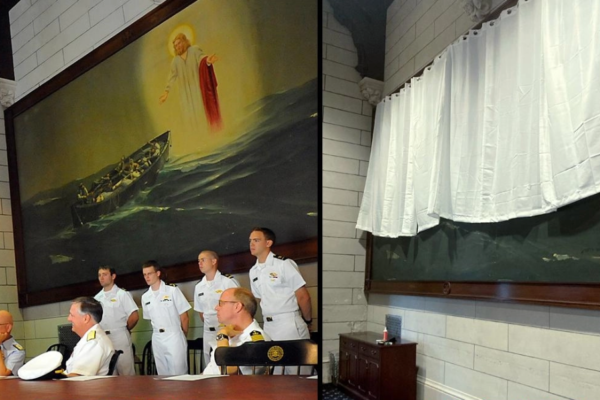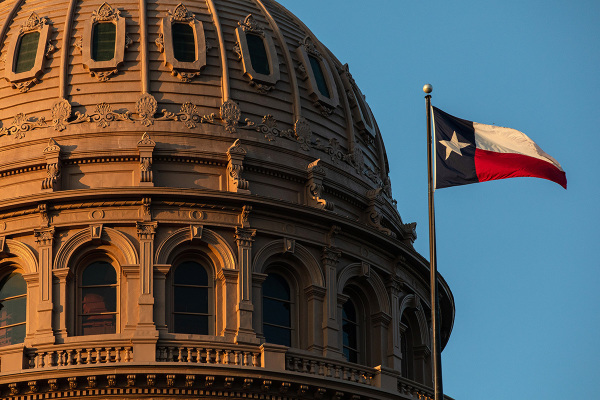Former Muslim-Turned-Christian Apologist Shares How Dreams Helped Him Find Jesus (Part I)
CP: What type of Muslims do you think will be particularly moved or convinced by the rational and logical way that informed your own conversion?
Qureshi: That's a great question. There are pockets in the Muslim world where apologetics have taken a strong hold. Definitely Pakistan, Bangladesh and India. I would also say Indonesia and South Africa. These are the places where Muslims are heavily engaged in apologetics, so much so in fact that Christians who are unprepared are losing their faith.
I just got a distress call from South Africa a few days ago where a minister was saying, "We're losing our Christian ministers to Islam because they're not trained in responding to apologetics." I'm trying to get out to South Africa as soon as I can.
CP: What elements of the cultures in those countries gives them a higher propensity for being engaged in apologetics?
Qureshi: They've just been told that Islam is superior. That Islam is correct. That the history and the form is undeniable. It's the method in which they've been taught. That's why they have so much confidence. It's pretty sad, actually.
I was fielding some question on Twitter the other day and there was a Muslim from Canada who's just absolutely convinced that Islam is evidentially the truest religion, which is exactly where I was at his age, he's about 20. But you start asking them questions, they don't really know what they're talking about, they're just parroting what they have been told and they have this deep trust for their teachers. I think an integral part of it is the authoritative aspect of Islam and the trust they have in their leaders. If their leaders have said it is so and so they believe it and that's why such zeal in those parts.
CP: I think you make a good point in your book that within Eastern cultures individuals tend to assume that leaders dispense truth simply because they are leaders, and those societies don't often question authority.
Qureshi: Roland Muller has done a good job in his book Honor and Shame of dividing the three paradigms through which people see the world in to these kinds of terms. Honor and shame is one; innocence and guilt is the one that we operate on in the West; and then there's power and fear in places like Aboriginal Australia and Africa. The authoritative aspect really comes into play in power-and-fear and honor-and-shame cultures.
CP: How do you go about both convincing individuals logically, but also taking into account that becoming a Christian might also sever their relationships with the people they care about?
Qureshi: My focus is to talk about Christ. My focus is to talk about God coming into this world, what that means for us, who Jesus is, who he said he was and how he proved that.
Usually, Jesus is a cornerstone and either people are going to see that message and they're going to start grasping Christianity, or it's going to challenge their own faith. And so it has that double edge to it when you start talking about Christ. That's how I start and I try to do so with a sense of vulnerability.
Our generation, especially, across the board, really values transparency and vulnerability, so I try to do that when speaking at university settings, and the like, and that opens the door.






















